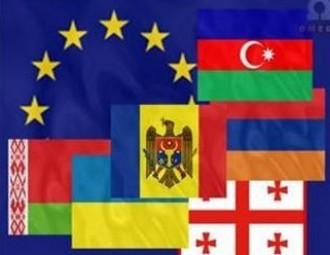New program of police cooperation between EU and EaP has been adopted
08.01.2013 | Politics

Aimed at the cooperation and reforms of the law enforcement system, the four-year EaP Police Cooperation Program will help to achieve sustainable democracy within the European Neighbourhood region.
The program has been adopted at the end of December with the total budget of €5 million, reports BelaPAN. The program provides for a series of activities such as study tours, exchange projects, training and meetings to facilitate networking and build partnerships and trust among the police forces of the EU and EaP countries. Specialized training in police management and fighting cross-border crime will also be supported within the program’s framework. The EU Neighbourhood Info Center referred to the program as an important deliverable of the Eastern Partnership Roadmap.
"Trust in law enforcement agencies is one of the cornerstones needed to build a sustainable democracy and we believe that cooperation in the police services can greatly enhance law and order in the countries of our Eastern neighbours”, - commentedStefan Füle, the European Union's commissioner for enlargement and European Neighbourhood Policy. "The Eastern Partnership Police Cooperation Programme aims at ambitious but important targets. Law enforcement reform – including the police reform – is one of the main benchmarks against which the EU will assess progress and adapt its levels of support to our Eastern partners."
Being involved in EaP, Belarus is free to participate in the police cooperation program as well as to submit proposals for different projects, the Delegation of the European Union to Belarus told.
-
03.01
-
07.10
-
22.09
-
17.08
-
12.08
-
30.09








































